Indonesia
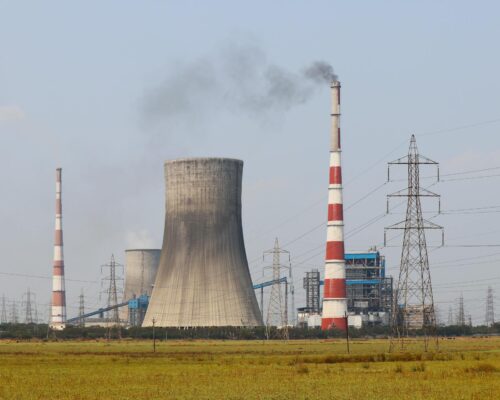
CREA: Indonesia’s RUPTL Plan Puts Fossil Fuels First, Renewable Energy Later
According to CREA, Indonesia’s RUPTL 2025-2034 reveals major discontent between the ambitious climate pledges and public commitments of the country’s leadership and the real plans, which see a projected growth and a pivotal role for fossil fuels.
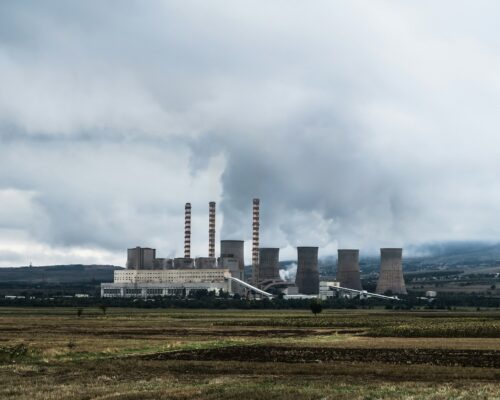
Captive Coal Threatens Indonesia’s Peak Emissions by 2030
Ember's latest research reveals that Indonesia’s captive coal expansion plans risk distancing the country from its ambitious decarbonisation goals. The analysts warn they could also lead to increased electricity costs and adverse health impacts.

Indonesia’s National Energy Plan (RUKN) Is Ambitious But Falls Short of Full Potential: CREA
According to a dedicated analysis by CREA, while ambitious, the RUKN fails to mobilise the full renewable energy potential of Indonesia and misses out on substantial cost-efficiency gains in the electricity sector. However, the experts note there is still time for demonstrating more ambition.

To Phase Out Coal by 2040, Indonesia Should Address Captive Coal and Scale Up Renewables
Indonesia is starting to show ambition in accelerating its energy transition, including by aiming to phase out coal by 2040 and scaling up renewables. However, analysts say that succeeding requires addressing captive coal use and increasing solar and battery storage deployment.
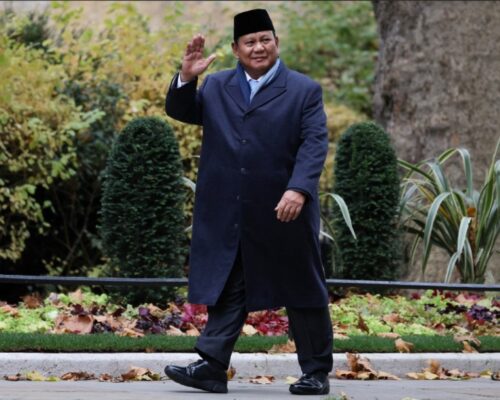
Indonesia’s Plan to Retire Coal Plants ‘Challenging’ [Op-Ed]
Indonesian President Prabowo Subianto's ambitious plan to phase out coal power plants within 15 years is a pivotal step toward achieving net-zero emissions by 2050. Analysts highlight that while challenging, this goal is achievable with clear policies, robust investments, international support, and rapid deployment of renewable energy technologies. With coal accounting for 60% of Indonesia's emissions, the transition to renewables and the integration of battery storage will be essential for the nation to meet global climate targets and align with the 1.5°C pathway.

Renewable Energy in Indonesia – Current State, Opportunities and Challenges
The growth of renewables in Indonesia is soaring. It is no wonder that it is one of Southeast Asia's leading nations in terms of clean energy.
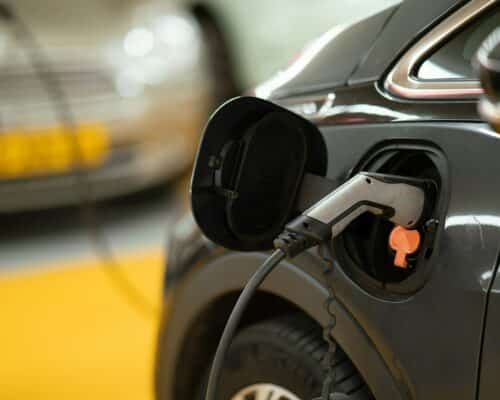
Indonesia to Experience a Green Jobs Boom, But Policy Changes Integral
Indonesia has ambitious plans for its green technology sector. However, to capitalise on the opportunities ahead, the country needs to make the industry more welcoming and lure its youth and experienced workforce to pursue green jobs.

Addressing Captive Coal Power Crucial to the Decarbonisation of Indonesia
According to a joint report by CREA and Global Energy Monitor, future emissions from Indonesia’s captive coal plants are a major threat that must be considered within the planned use of the USD 20 billion Just Energy Transition Partnership (JETP) funding.
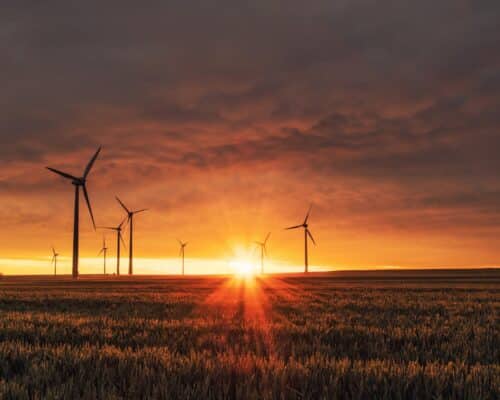
Indonesia Energy Transition Outlook 2024: In Light of the JETP
Whoever holds power after Indonesia’s February elections has a chance to alter the country's future. Projects, like increased coal and gas capacity and expensive, untested technologies, should remain on paper, while solar and wind must become the priority.
Driving Change: The Story of Electric Vehicles in Indonesia
The EV transition is taking the world by storm. While emerging markets remain the last bastion of legacy automakers, they will soon also embrace the transport industry's electrification. And Indonesia promises to be among the best examples of the EV revolution.

Indonesia Bans Coal Exports for January – What it Means for the World
The effect of Indonesia's decision to ban January coal exports ripples through the leading Asian economies. Coal shipment bans from leading exporters are yet another reminder that fossil fuels are a dead end and surface an extensive universe of risks. However, they might prove detrimental in putting the industry to bed.
Case Study: Tsingshan Industrial Parks in Indonesia Post-China’s Coal Pledge
In light of the no-coal-power-overseas pledge by China’s President Xi Jinping and Indonesia’s commitment to no new coal power in the recent COP26, the industrial parks fueled by captive coal power in Indonesia, developed by China, face challenges and their future is dotted with question marks.
Repercussions of China’s Coal Pledge on Asian Economies
China's historic pledge to stop coal financing abroad will help in lowering global carbon emissions. However, the decision may also risk economic growth in Asian countries like Vietnam and Indonesia. Experts demand stronger commitments from Beijing in order to support the renewable energy transition in the region.
Most Popular
Categories
-
10
-
34
-
126
-
4
-
17
-
46
-
52
-
11
-
10
-
15
-
24
-
6
-
1
-
5
-
6
-
283
-
200
-
17
-
24
-
1
-
1
-
23
-
41
-
44
-
88
-
18
-
86
-
41
-
17
-
11
-
43
-
54
-
86
-
299
-
22
-
44
-
36
-
11
-
42
-
36

